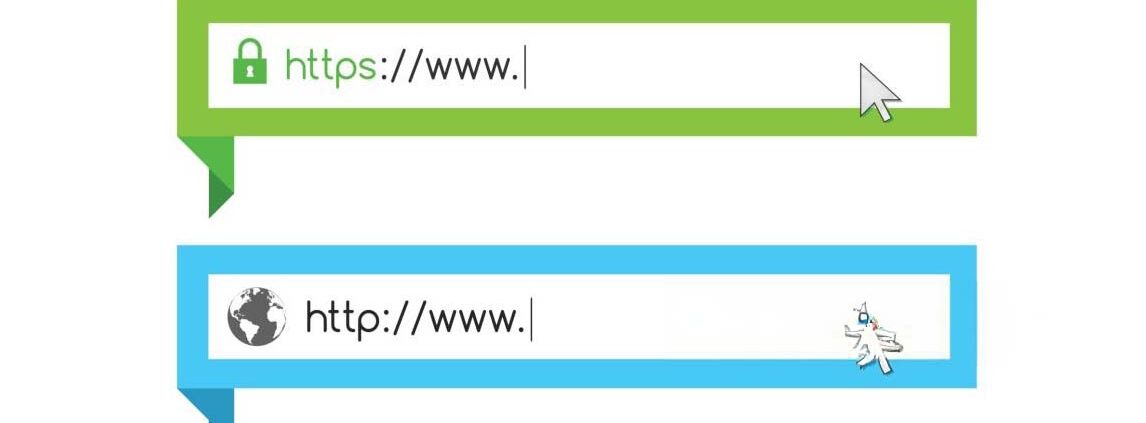Difference between http and https
The Web’s Safety Shields: HTTP and HTTPS
Picture yourself strolling through the vast expanse of the internet, clicking on links, exploring websites, and soaking in information. As you journey through this digital realm, you encounter two guardians—HTTP and HTTPS—standing at the gateways of websites. But what exactly are they, and what sets them apart? Let’s embark on a journey to unravel the mysteries of these digital protectors.
Meet HTTP: The Friendly Guide
First up, we have HTTP, or Hypertext Transfer Protocol. Think of HTTP as your friendly tour guide, helping you navigate the vast landscape of the web. When you type a website address into your browser, it sends a request to the server hosting that website using HTTP. The server then graciously responds by sending back the requested data, typically in the form of a web page.
HTTP has been the backbone of web communication since the early days of the internet. It’s like the language spoken between your browser and the websites you visit, ensuring smooth communication. However, there’s a catch—it’s not the most secure method of communication.
Enter HTTPS: The Knight in Shining Armor
Now, let’s welcome HTTPS, or Hypertext Transfer Protocol Secure, our valiant knight in shining armor. Unlike HTTP, HTTPS takes security seriously. The ‘S’ at the end stands for ‘Secure,’ and it’s not just for show. When you visit a website using HTTPS, all communication between your browser and the website is encrypted, like a secret code that only you and the website can understand.
This encryption is crucial because it shields your data from prying eyes. Imagine sending a letter in an envelope that only you and the recipient can open—that’s HTTPS in action. It ensures that even if someone tries to eavesdrop on your conversation with a website, they won’t understand a word of it without the encryption key.
The Tale of Two Protocols: What Sets Them Apart?
- Security: The biggest difference between HTTP and HTTPS is security. While HTTP sends data in plain text, HTTPS encrypts it, keeping it safe from snoopers and hackers.
- Trustworthiness: Websites that use HTTPS are often considered more trustworthy because they go through a verification process to obtain an SSL certificate. This certificate vouches for the authenticity and ownership of the website, giving users peace of mind.
- SEO Impact: In the realm of search engines, HTTPS holds sway. Major search engines like Google prioritize HTTPS websites in their rankings, giving them a boost in visibility and credibility.
How HTTPS Works Its Magic
HTTPS employs a sophisticated dance of encryption to keep your data safe. When you visit a website, your browser and the server engage in a cryptographic handshake, exchanging encryption keys like secret handshakes. These keys are then used to scramble and unscramble the data as it travels between your browser and the website, ensuring its confidentiality and integrity.
The Final Chapter: A Safer Web for All
As we navigate the ever-expanding landscape of the internet, understanding the difference between HTTP and HTTPS is crucial. By embracing HTTPS and its security features, we can create a safer and more trustworthy online experience for everyone.
So, the next time you venture into the digital wilderness, keep an eye out for those little letters—HTTP or HTTPS—in your browser’s address bar. They’re not just there for show; they’re your guardians, ensuring a secure passage through the vast expanse of the web.






Leave a Reply
Want to join the discussion?Feel free to contribute!